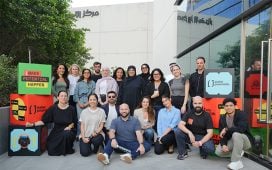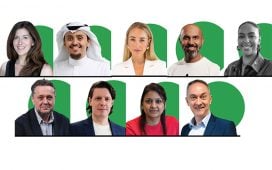The marketing sector faced a whole new set of challenges with the surging impact of the pandemic and technology’s evolution. The pandemic took spending behaviour to its lowest simply because all marketing budgets were slashed and brands and advertisers were trying to manoeuvre the new normal, like everyone else. Events and advertising were heavily affected by cancellations and indefinite postponements, travel bans and the raging economic impact of the pandemic. The whole of the industry had to be completely refocused.
This in turn created an opportunity for technology to disrupt even the most traditional markets, with purchasing patterns rapidly shifting to e-commerce platforms. Adapting
The main event – by Entourage’s Ziad Faour
The events industry has been reshaped and disrupted but is adept at adapting to new trends, writes Entourage’s head of strategy, Ziad Faour
To continue reading this article you need to be registered with Campaign. Registration is free and only takes a minute. Register Now or sign in below if you already have an account.
You Might Also Like
Haleon and Centrum transform how we see health
Dec 15, 2025
Sports marketing: The culture of play
Dec 15, 2025









